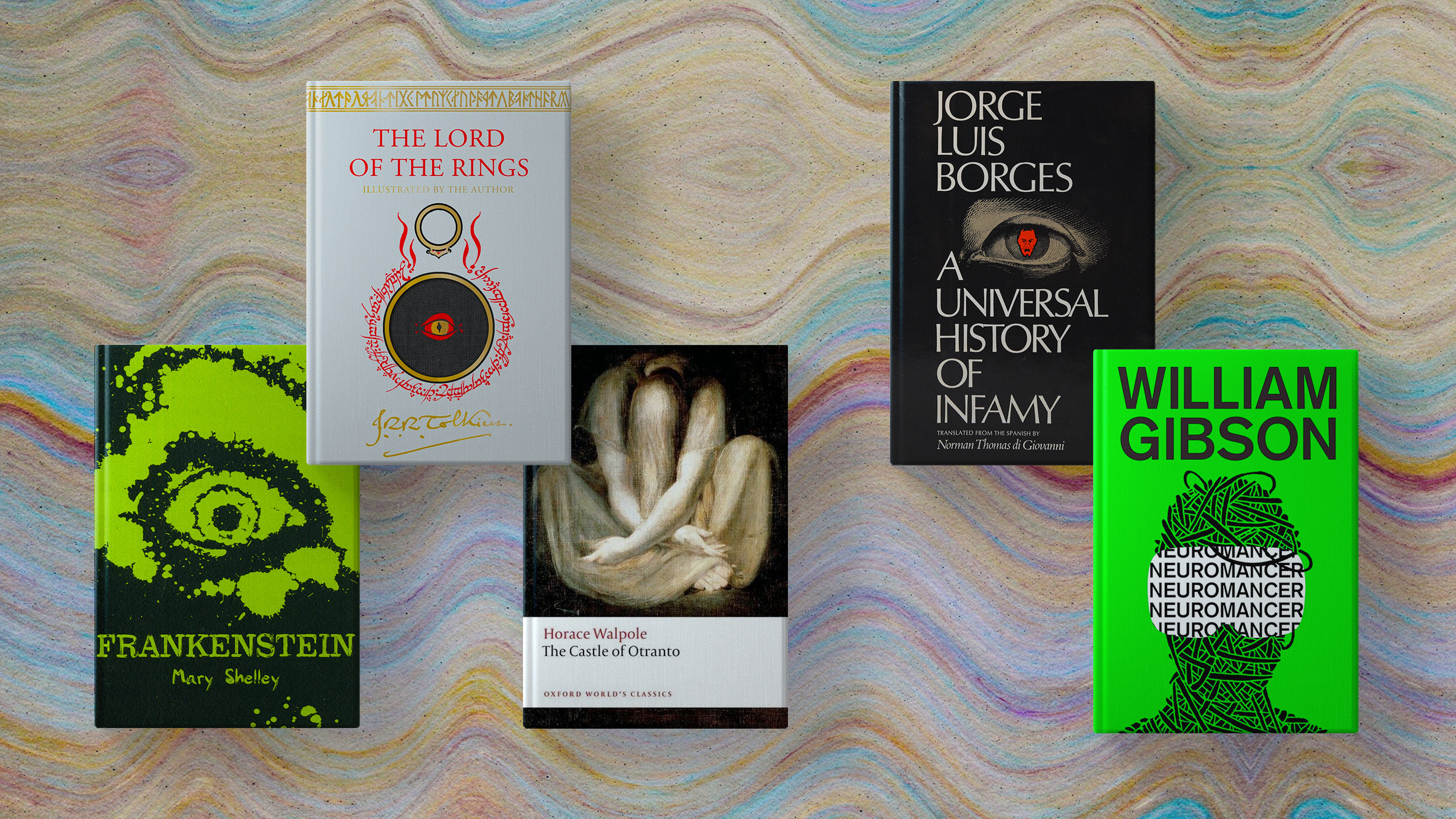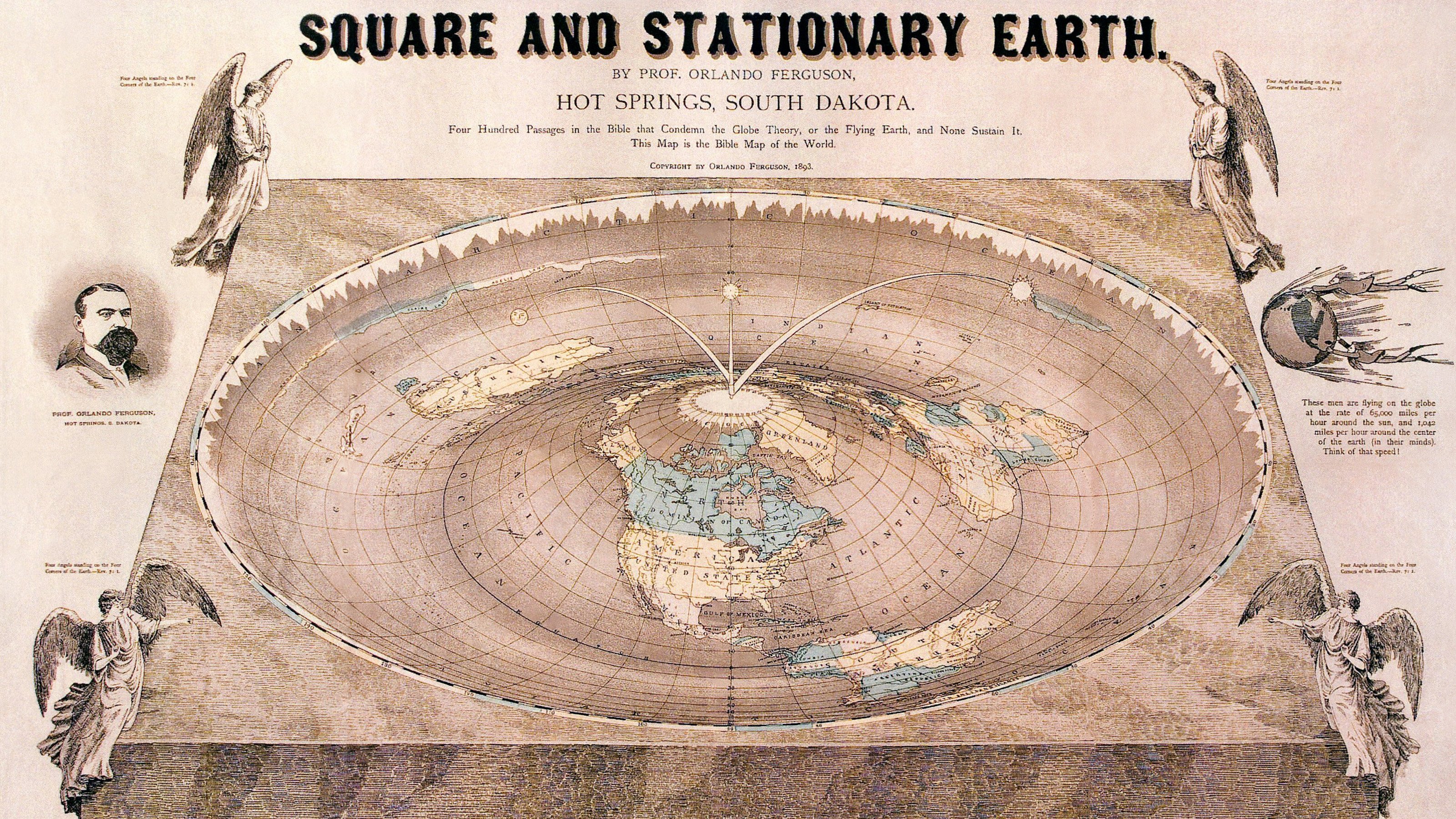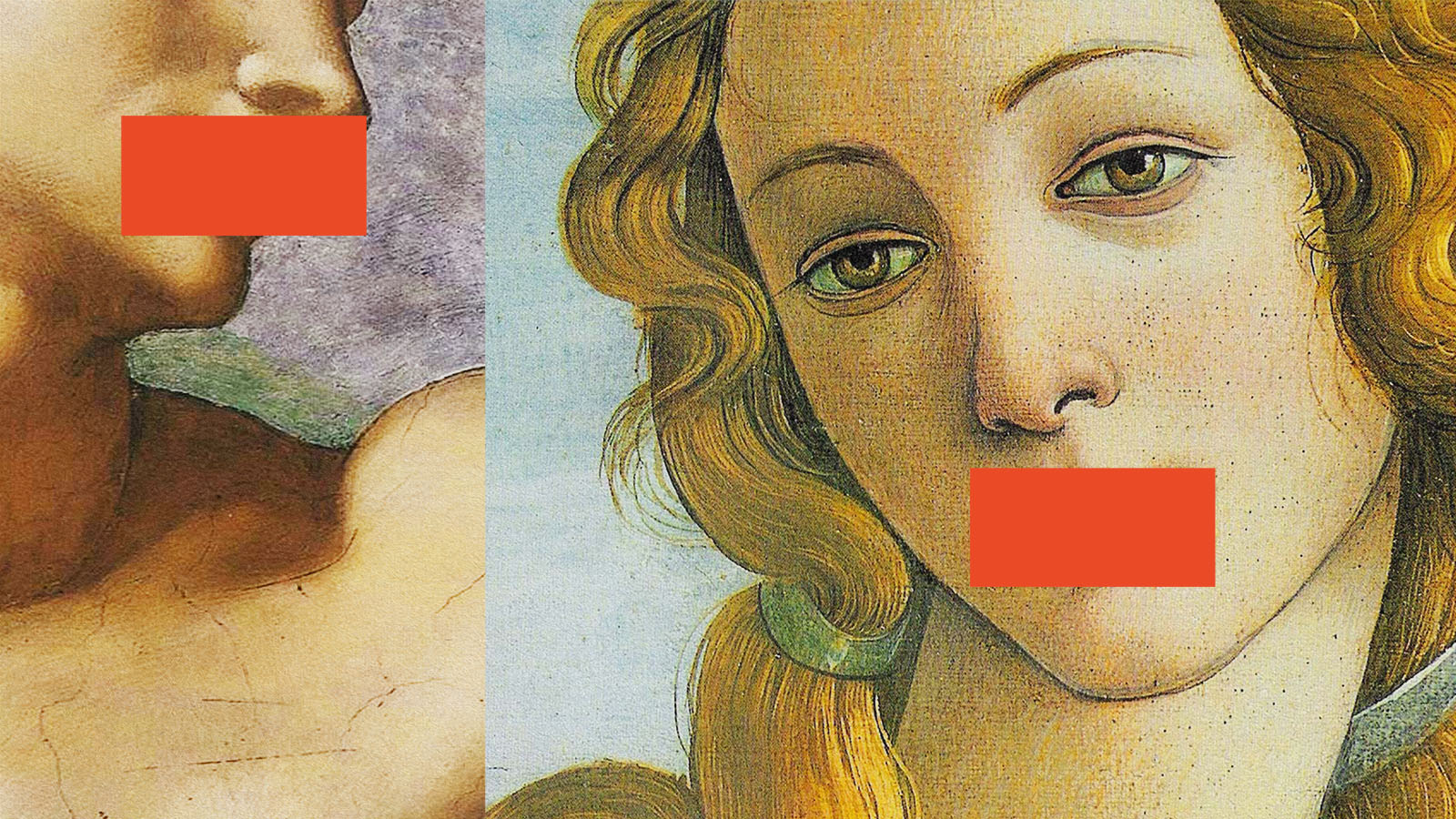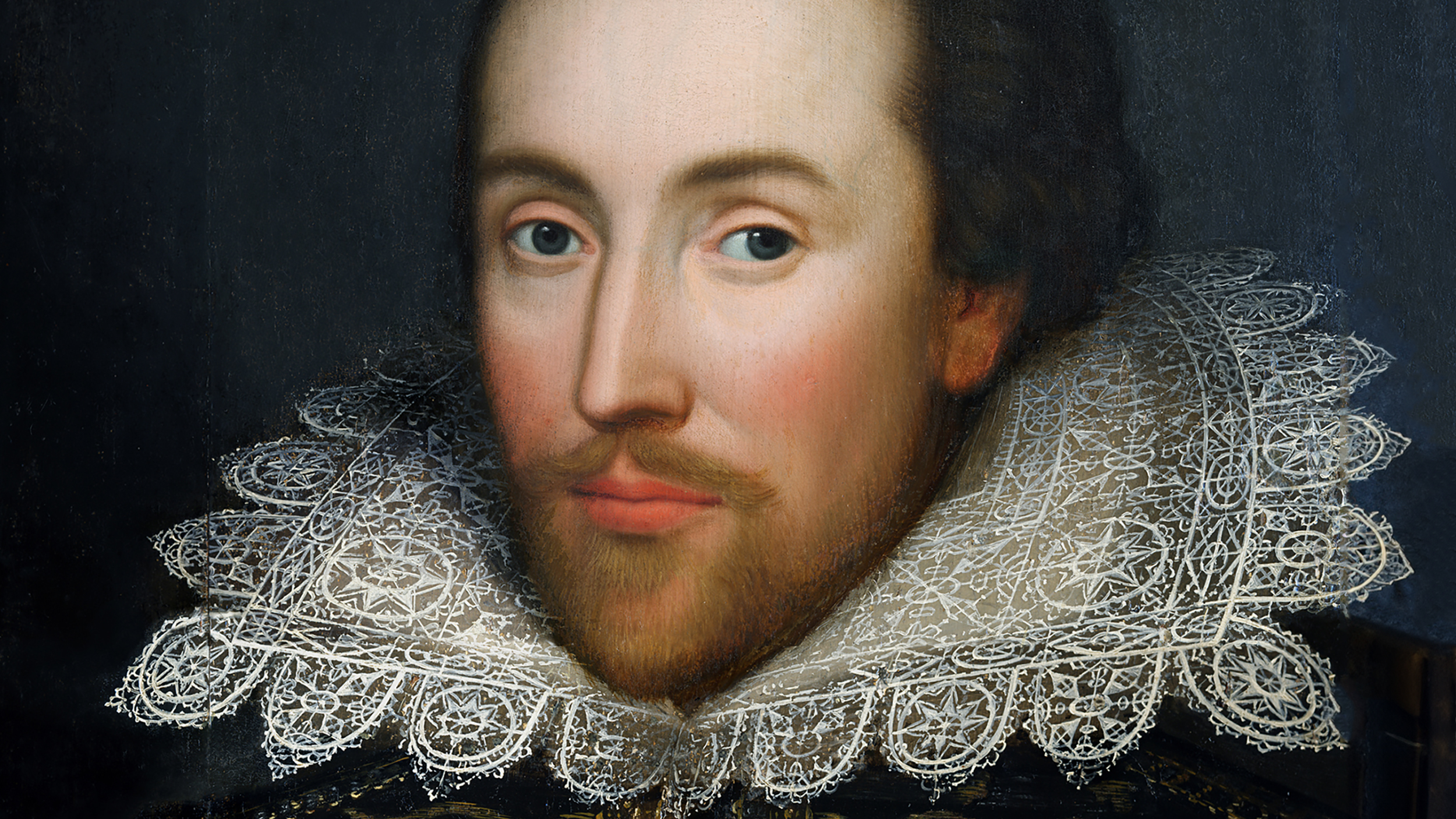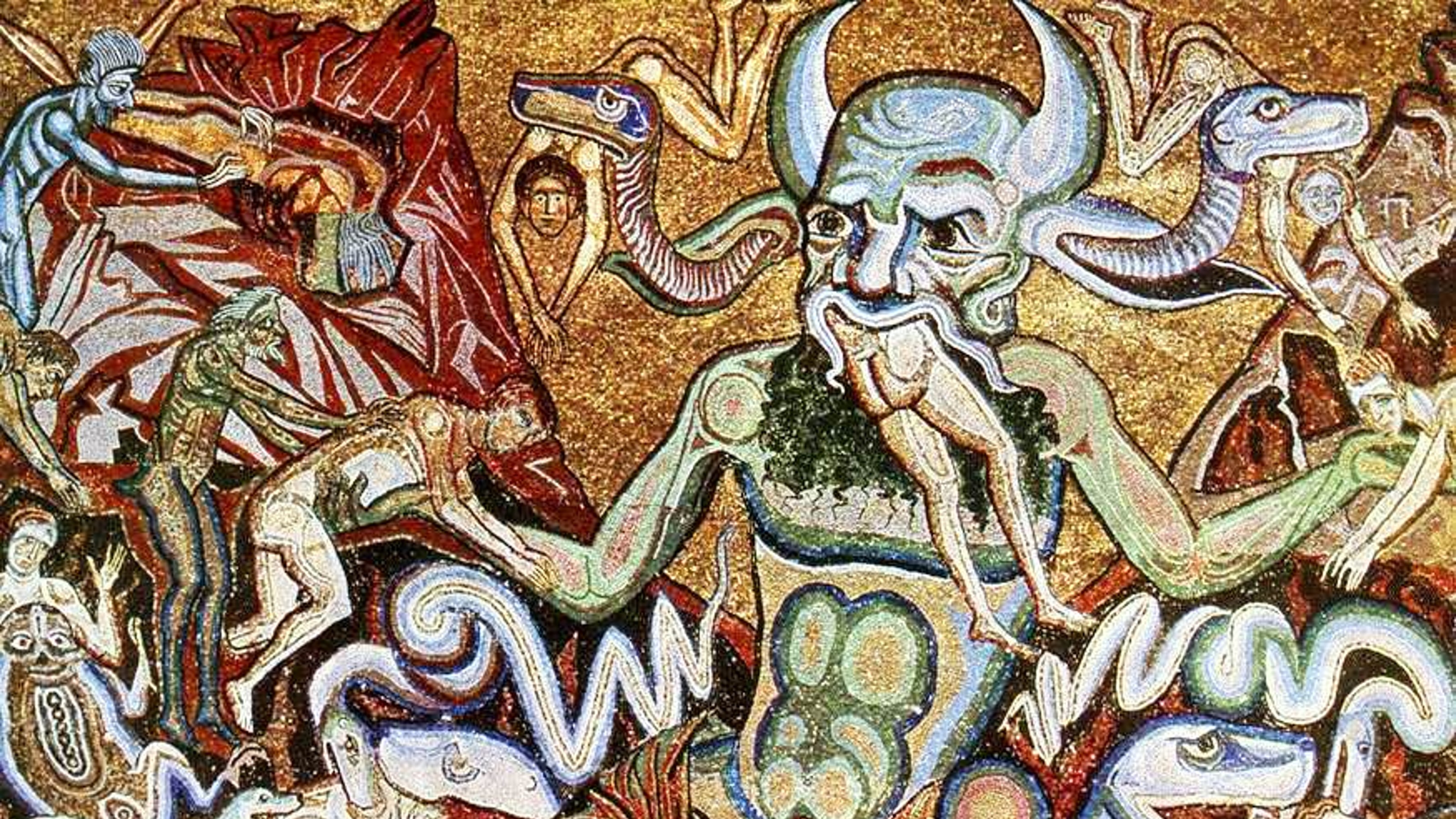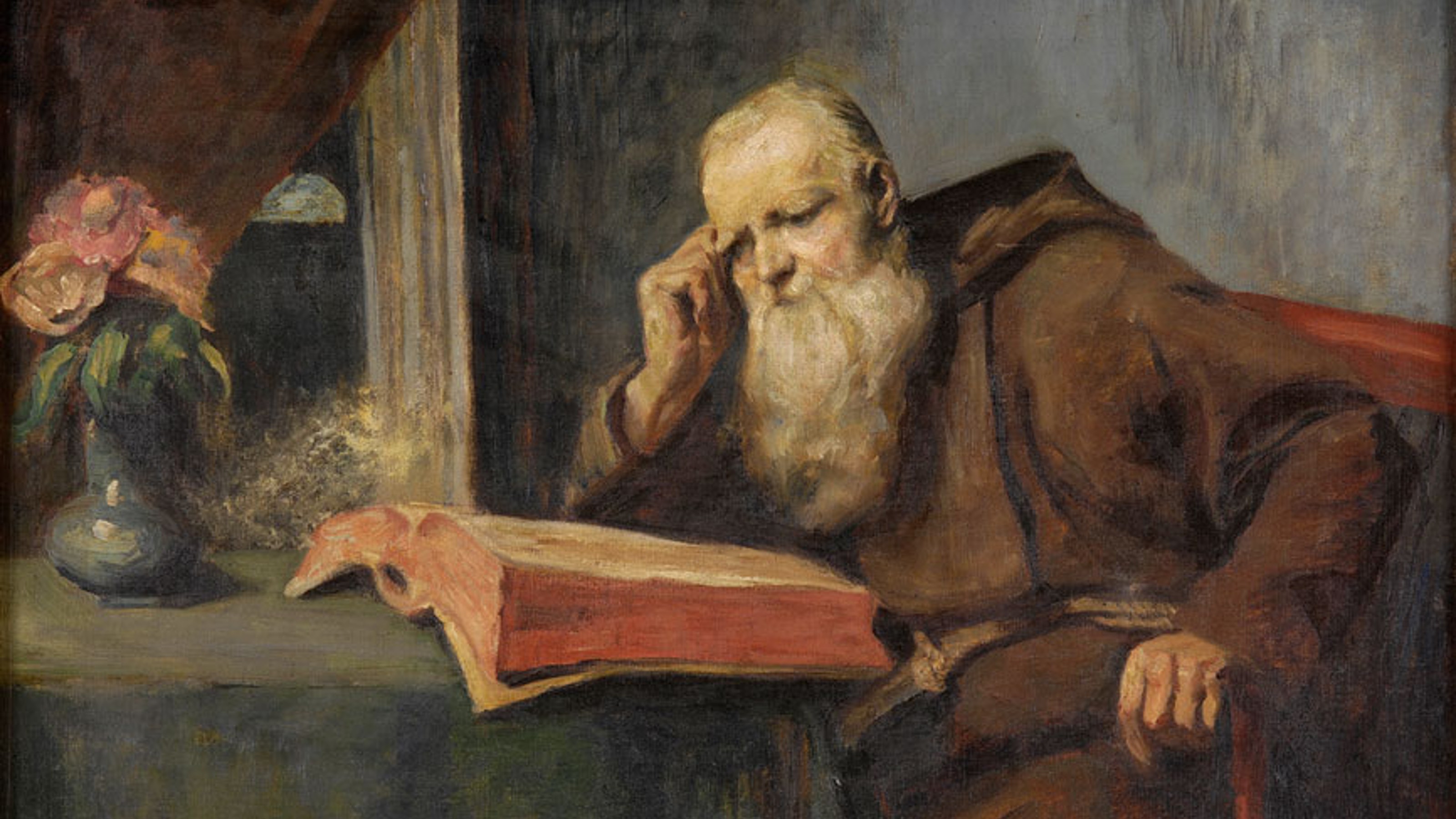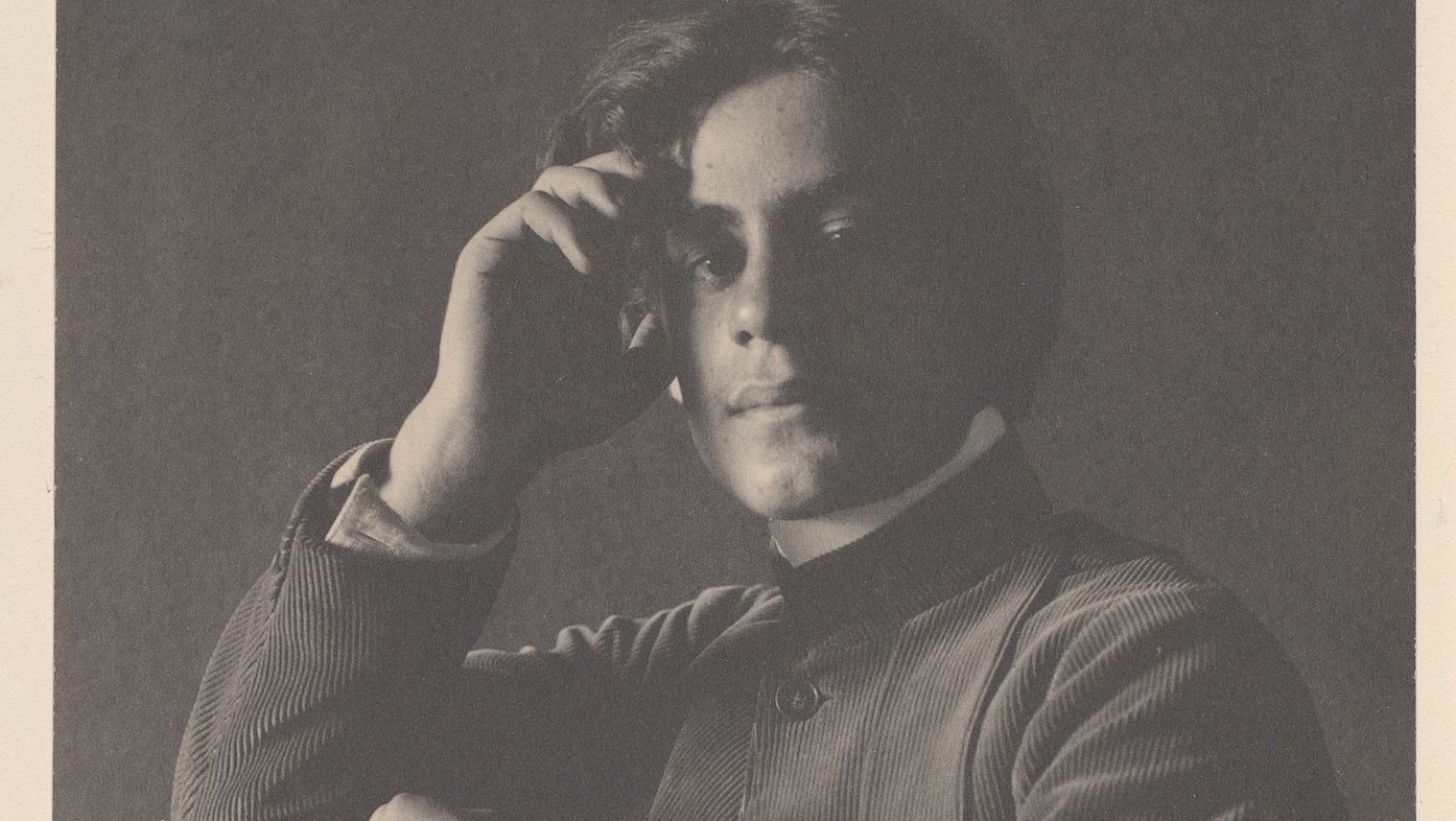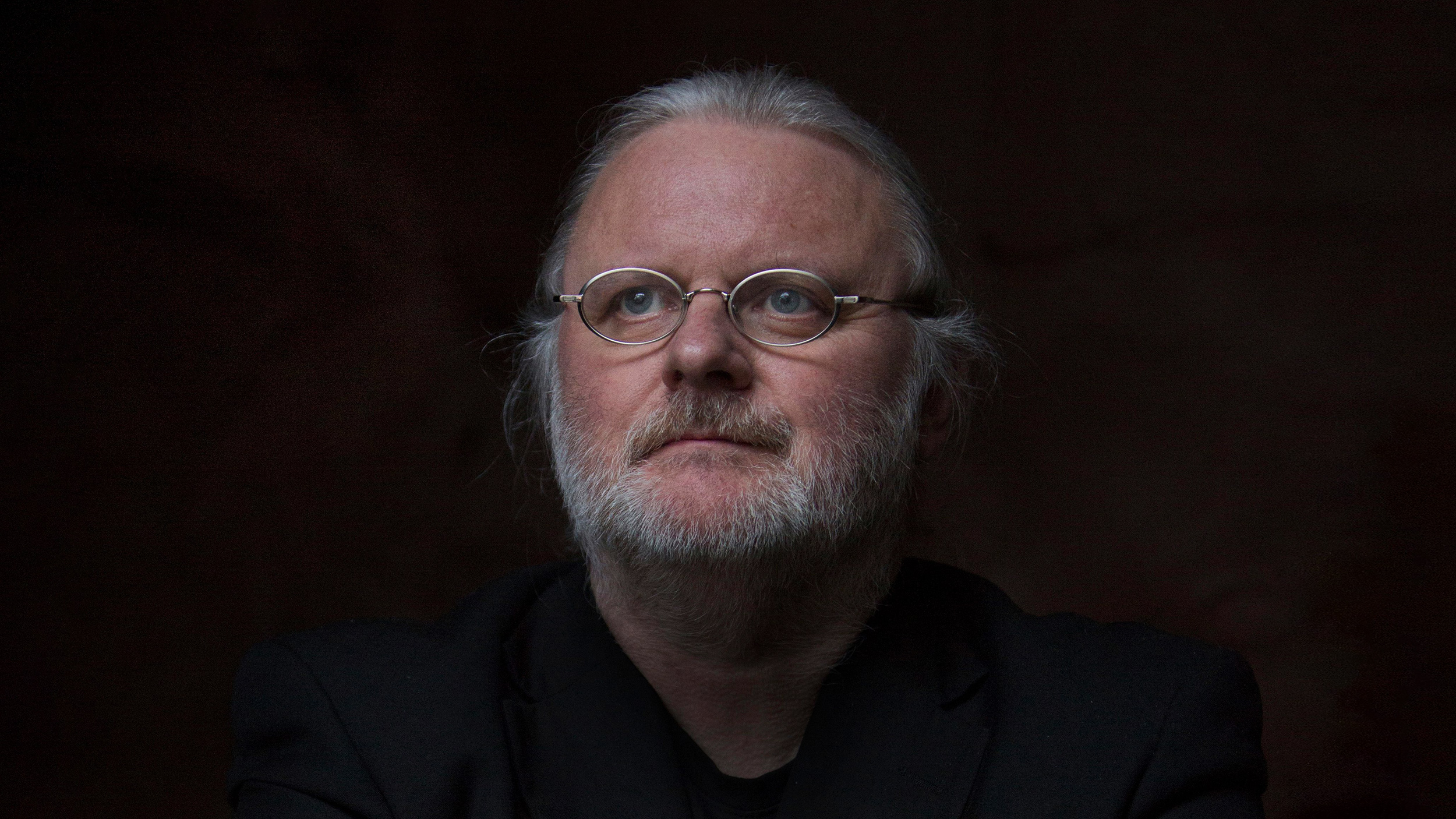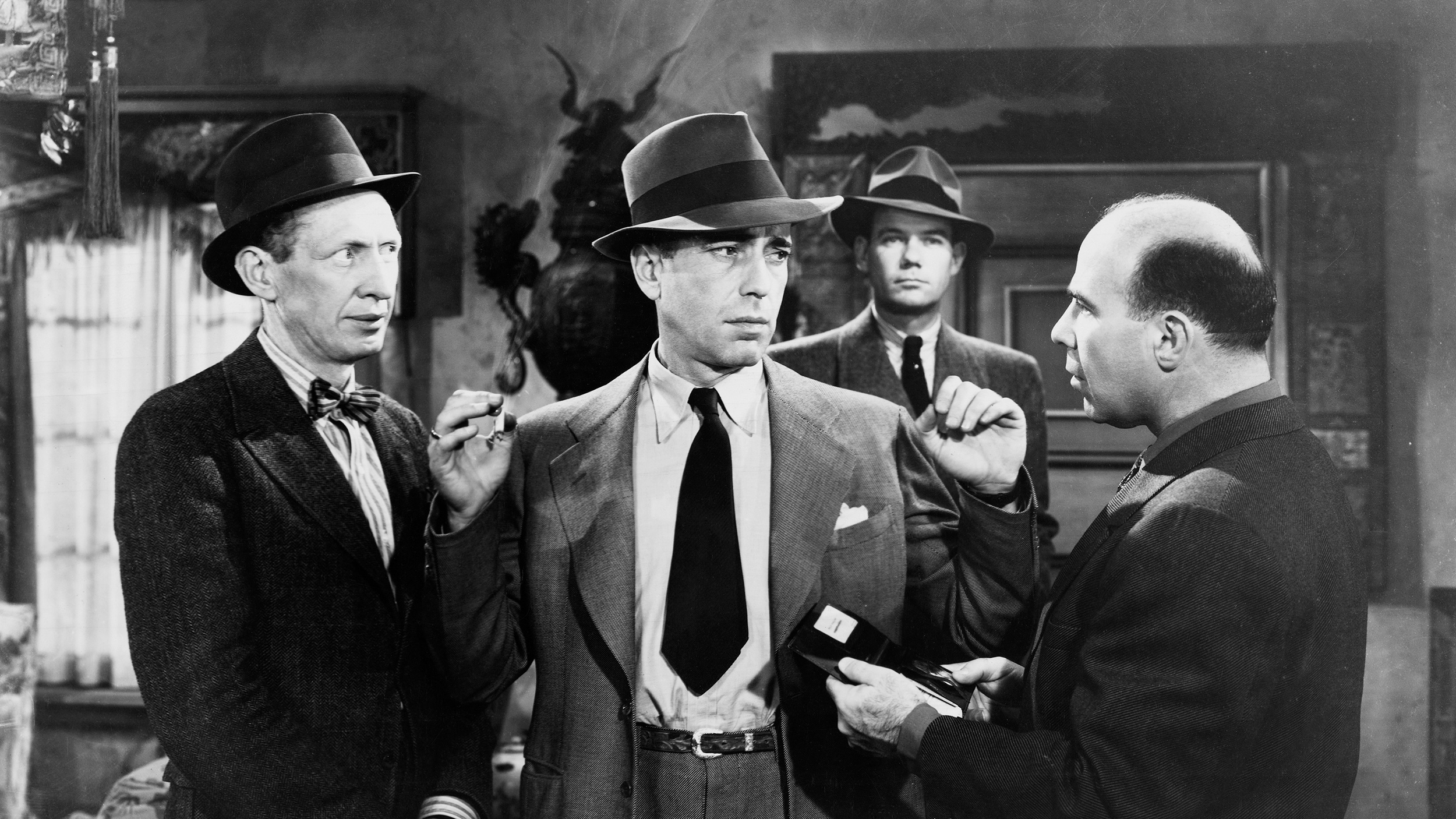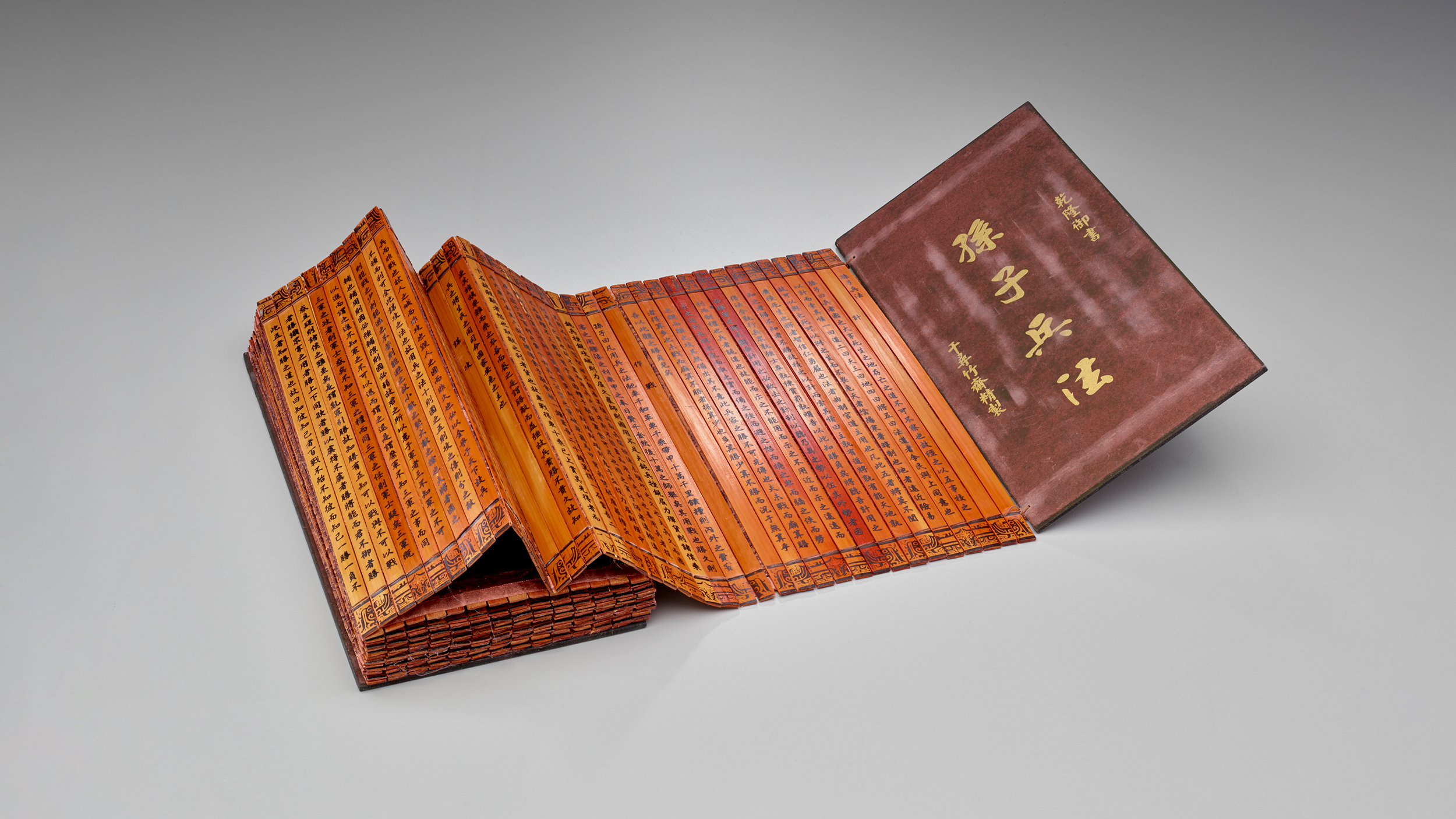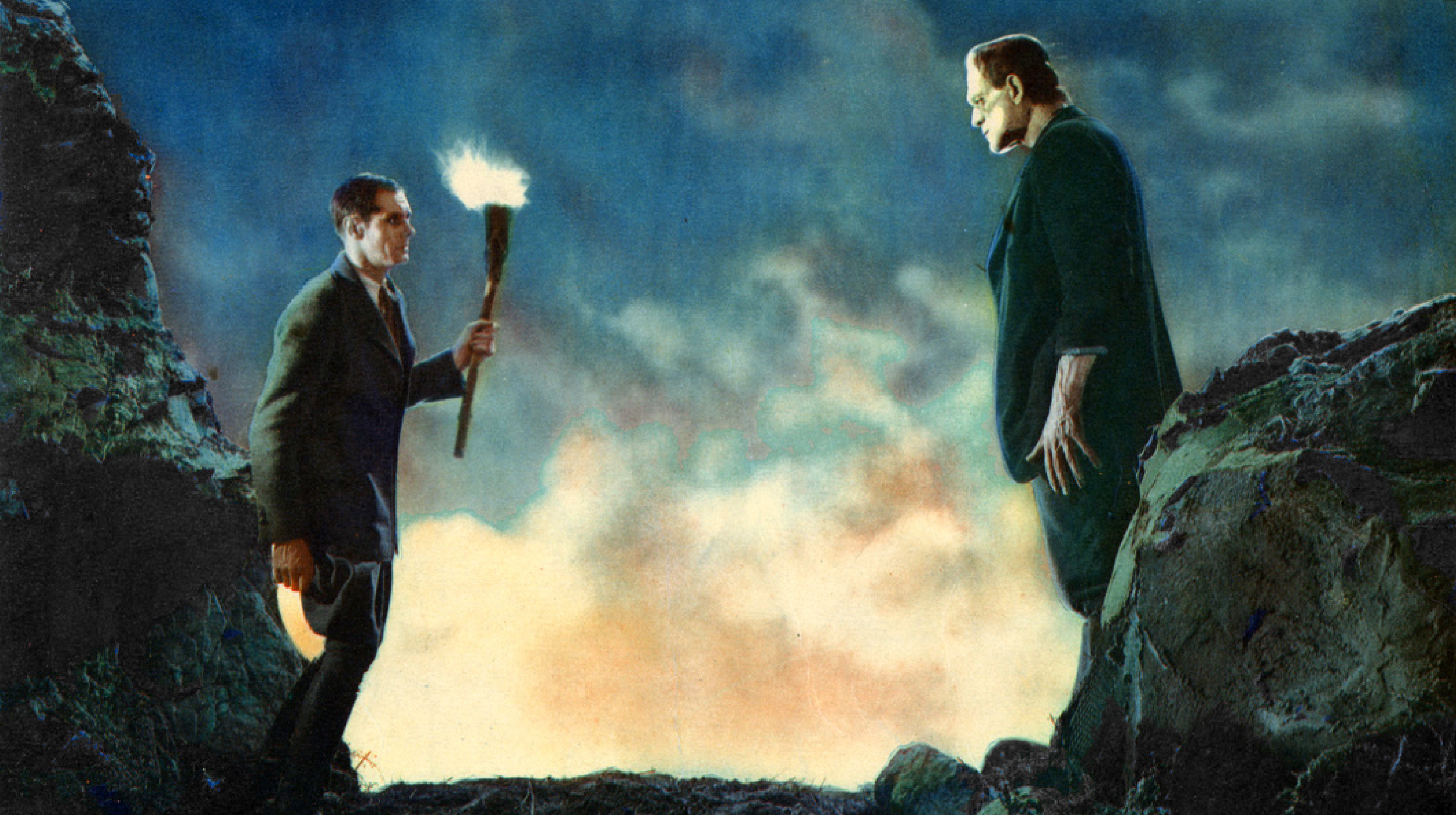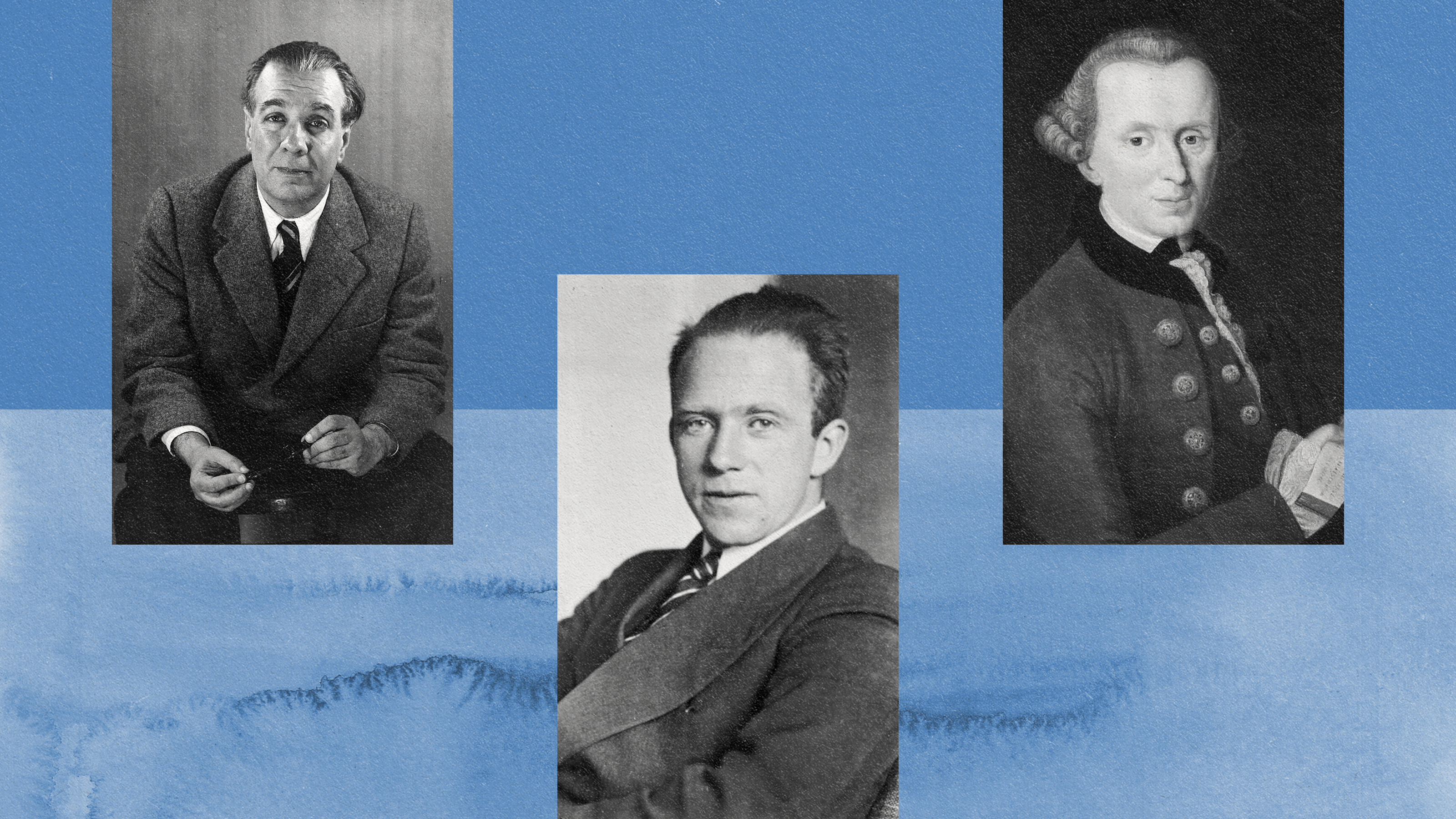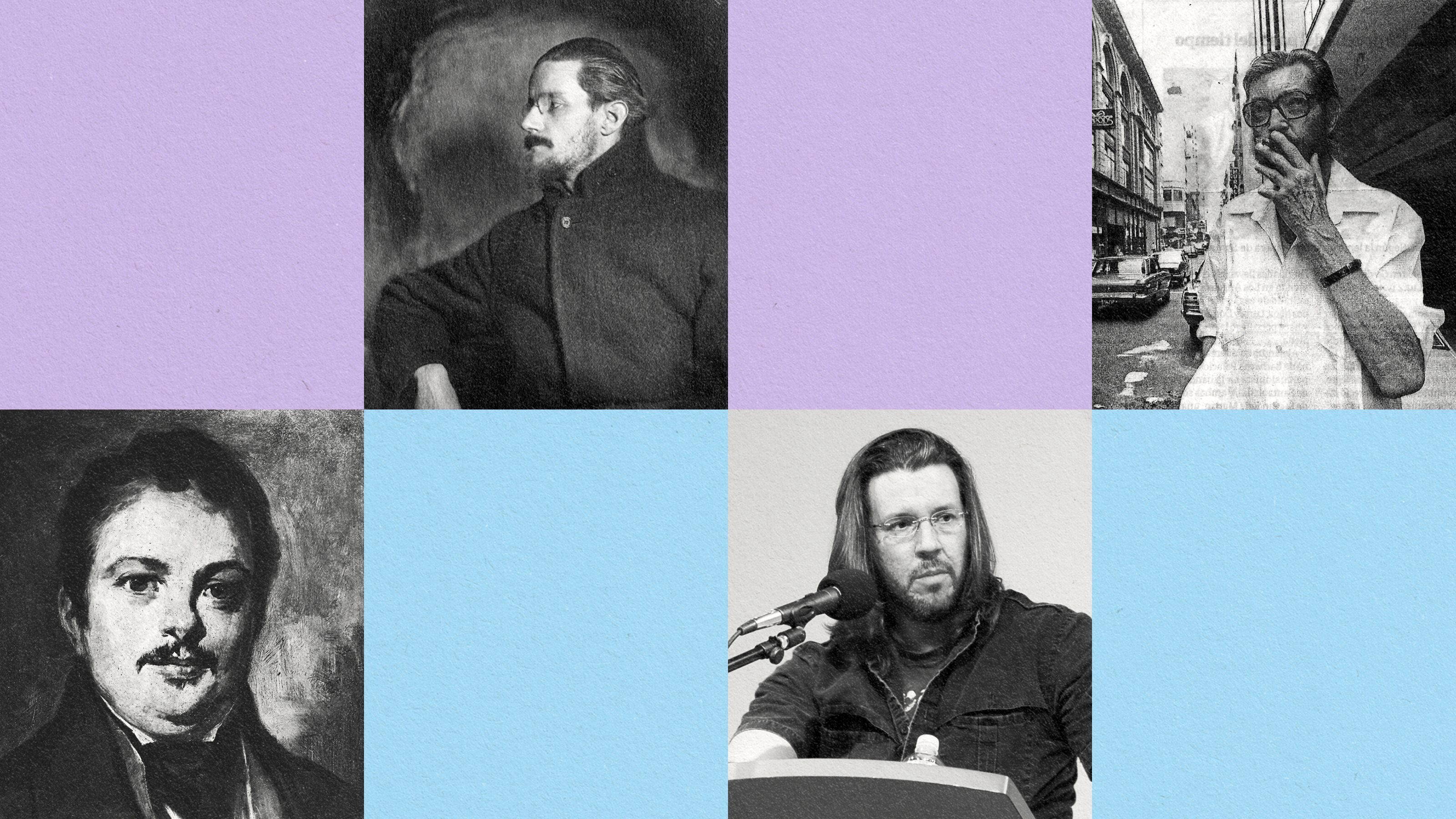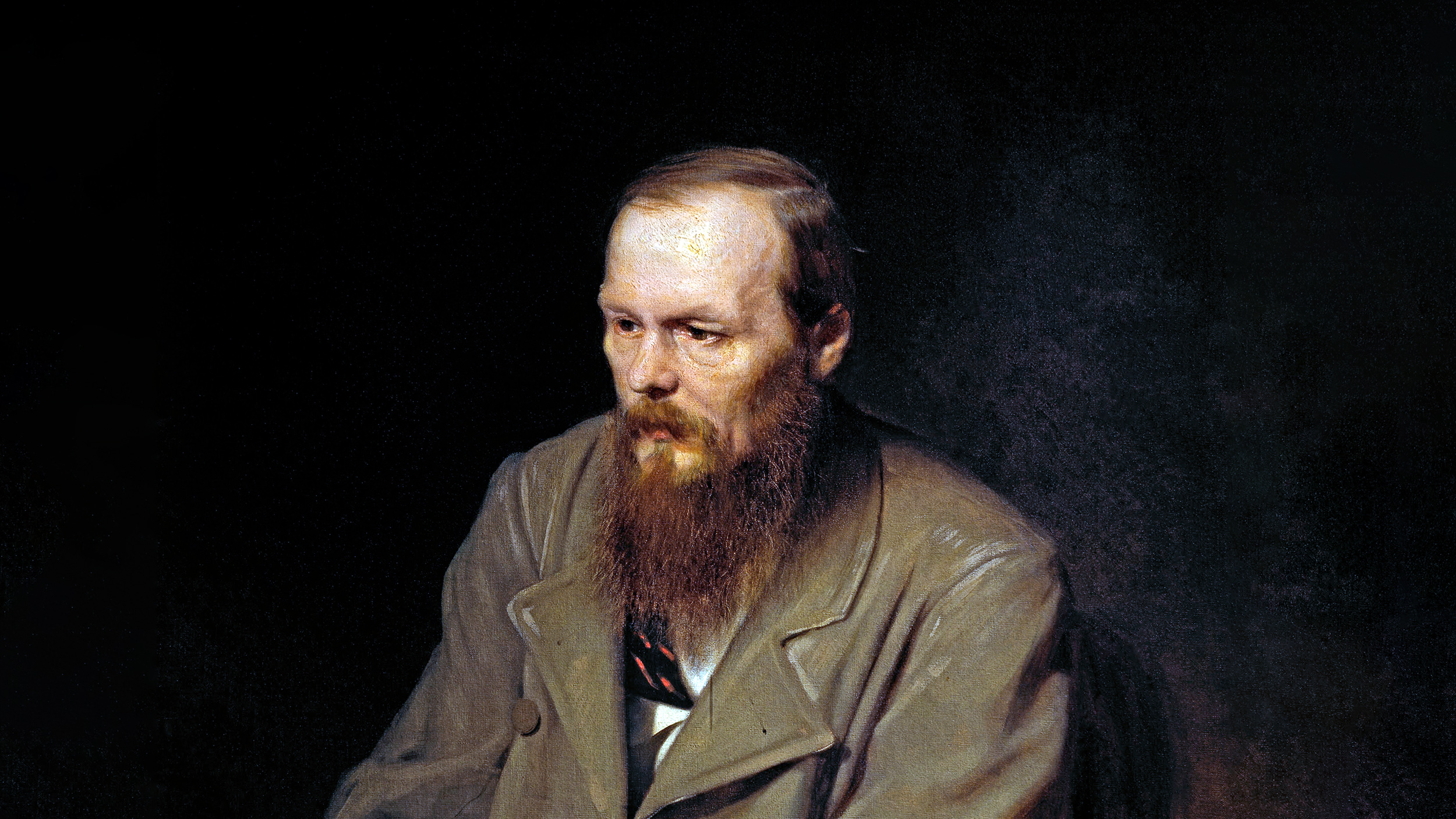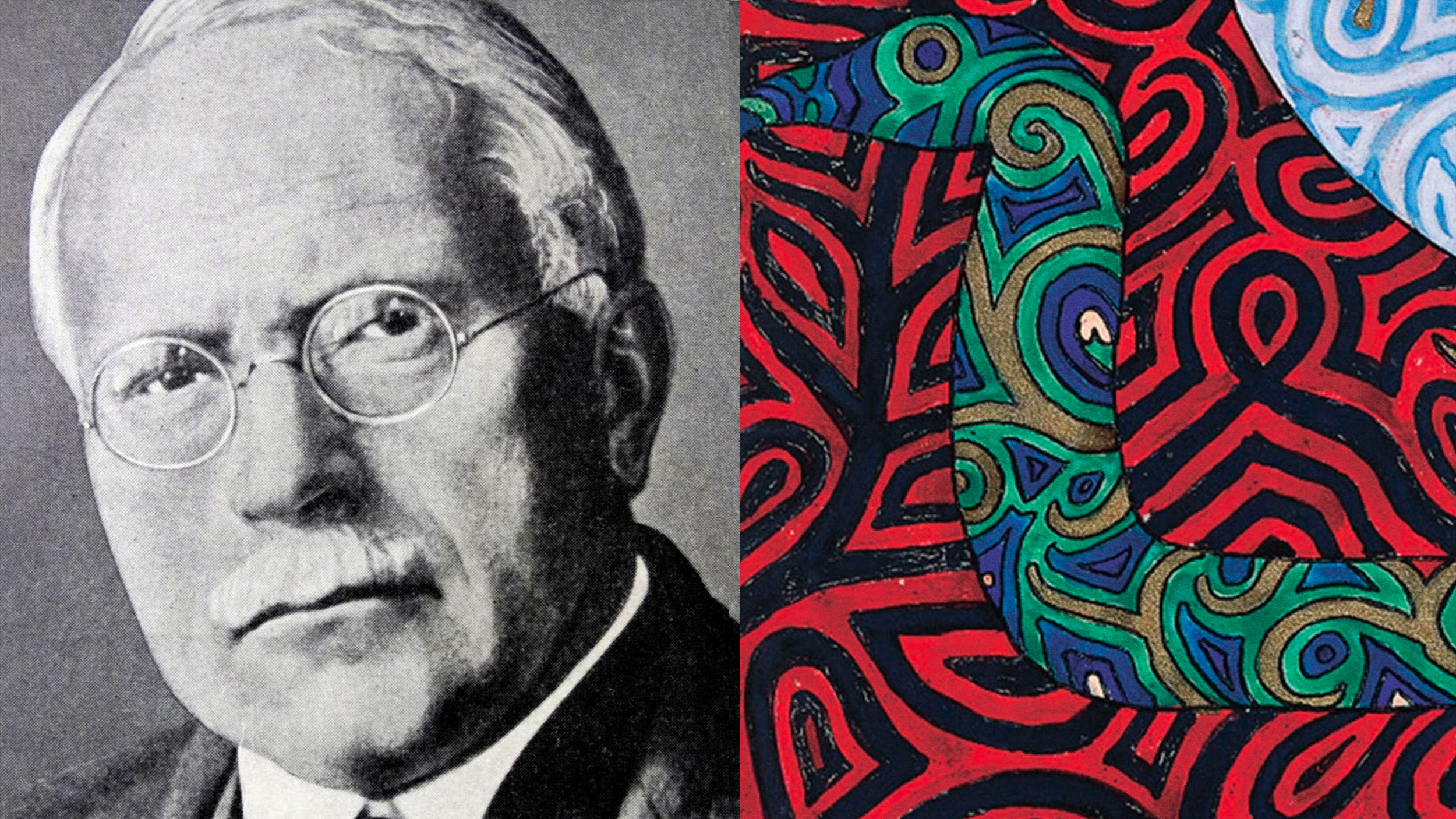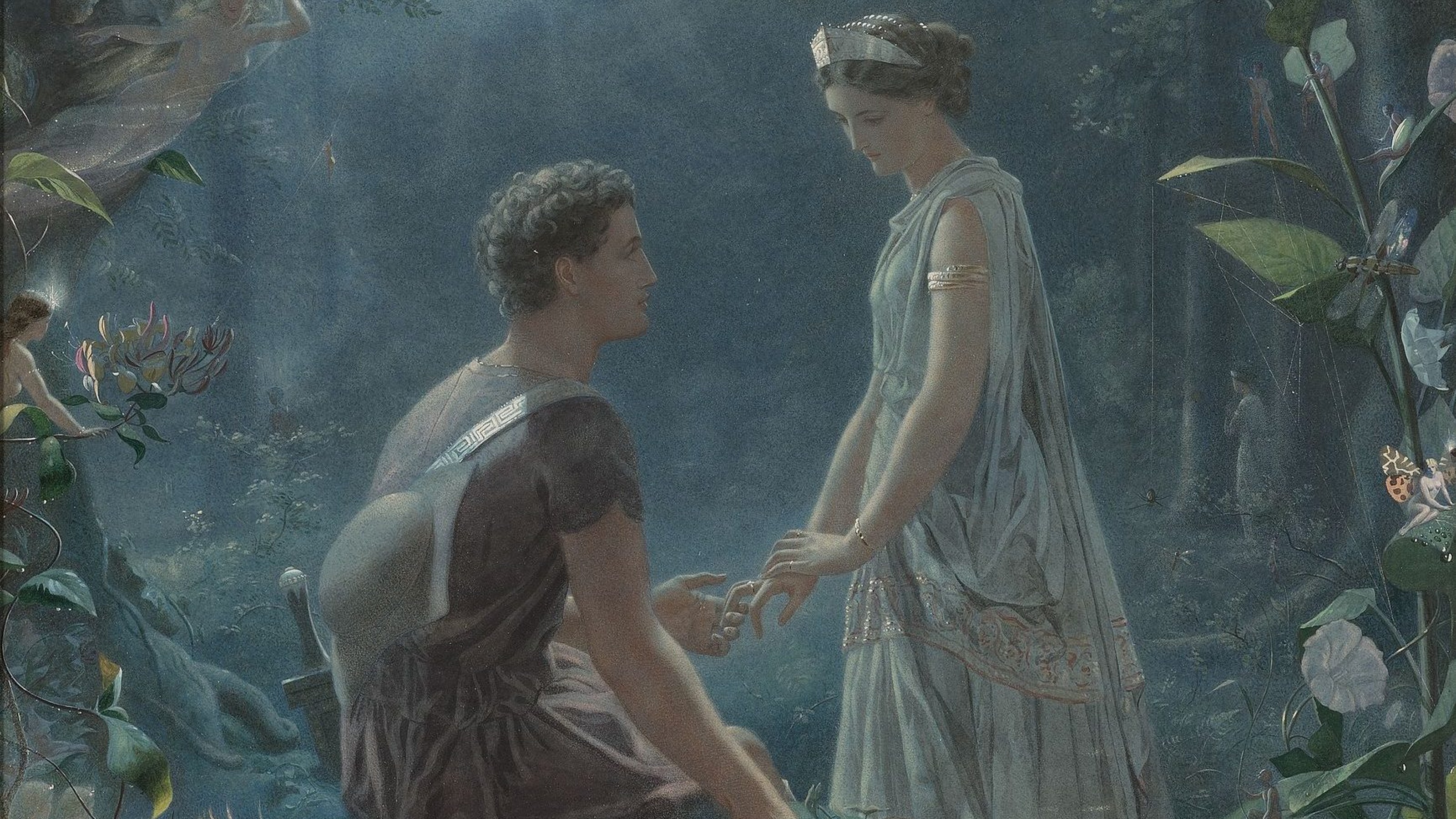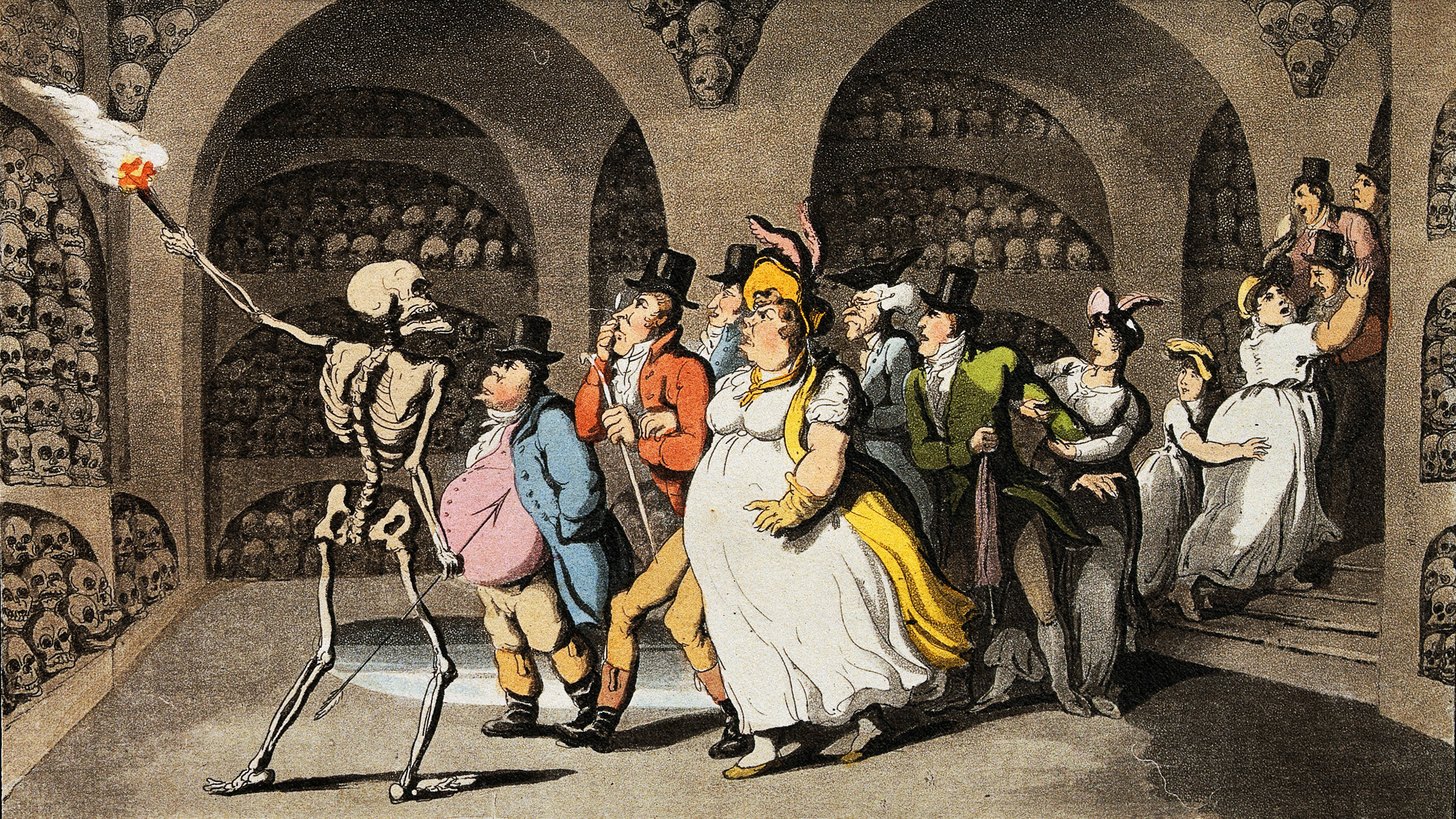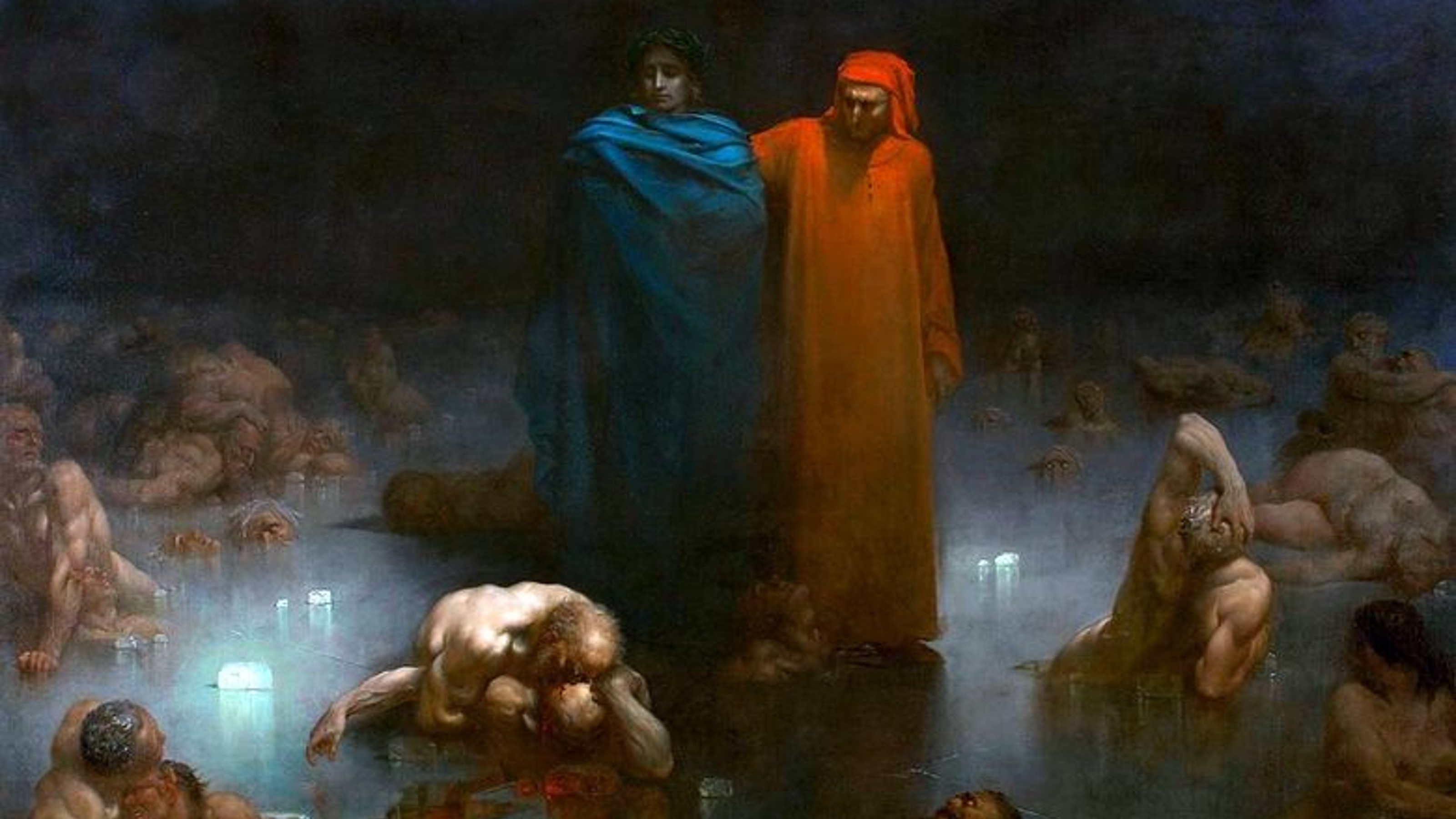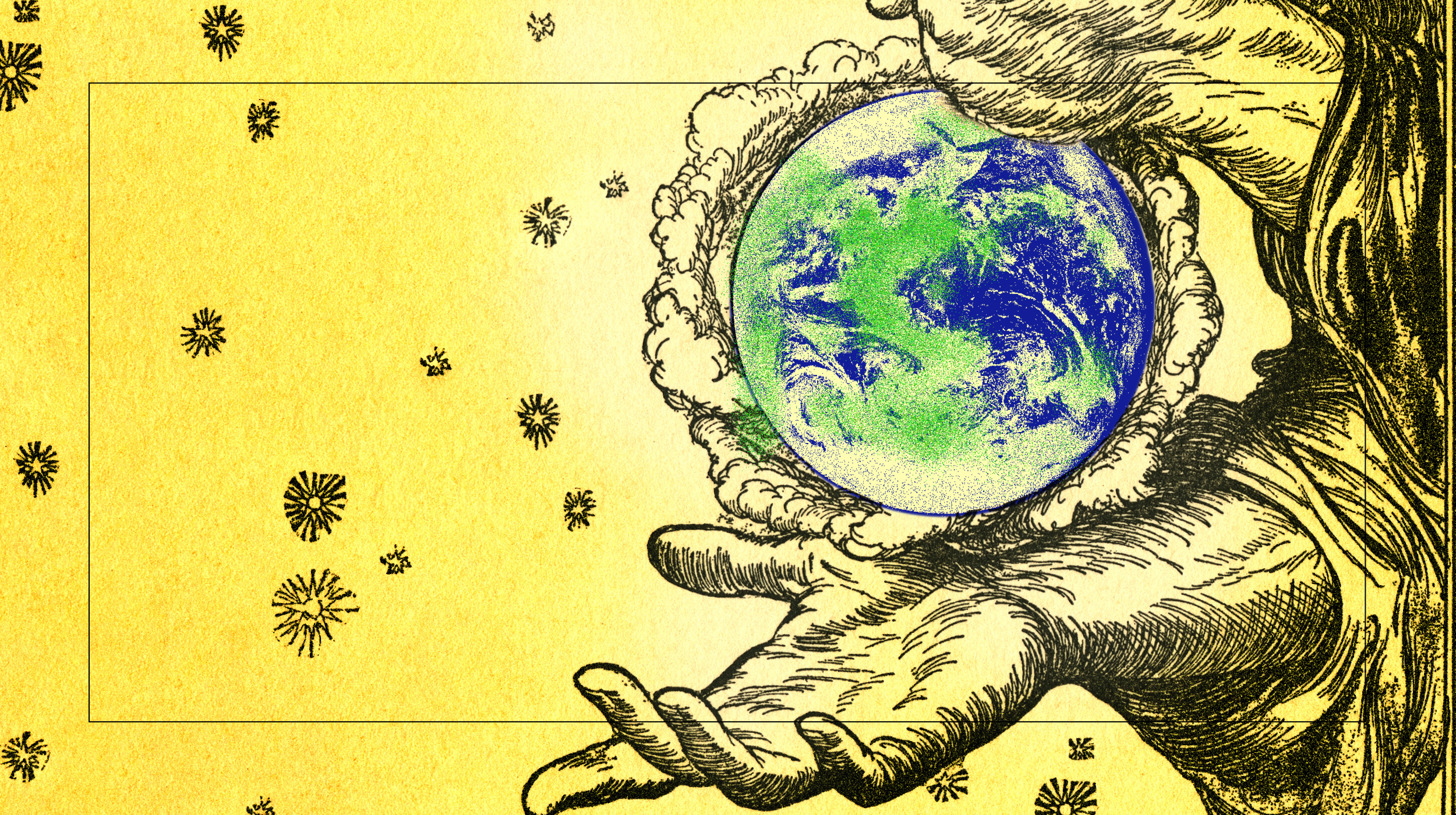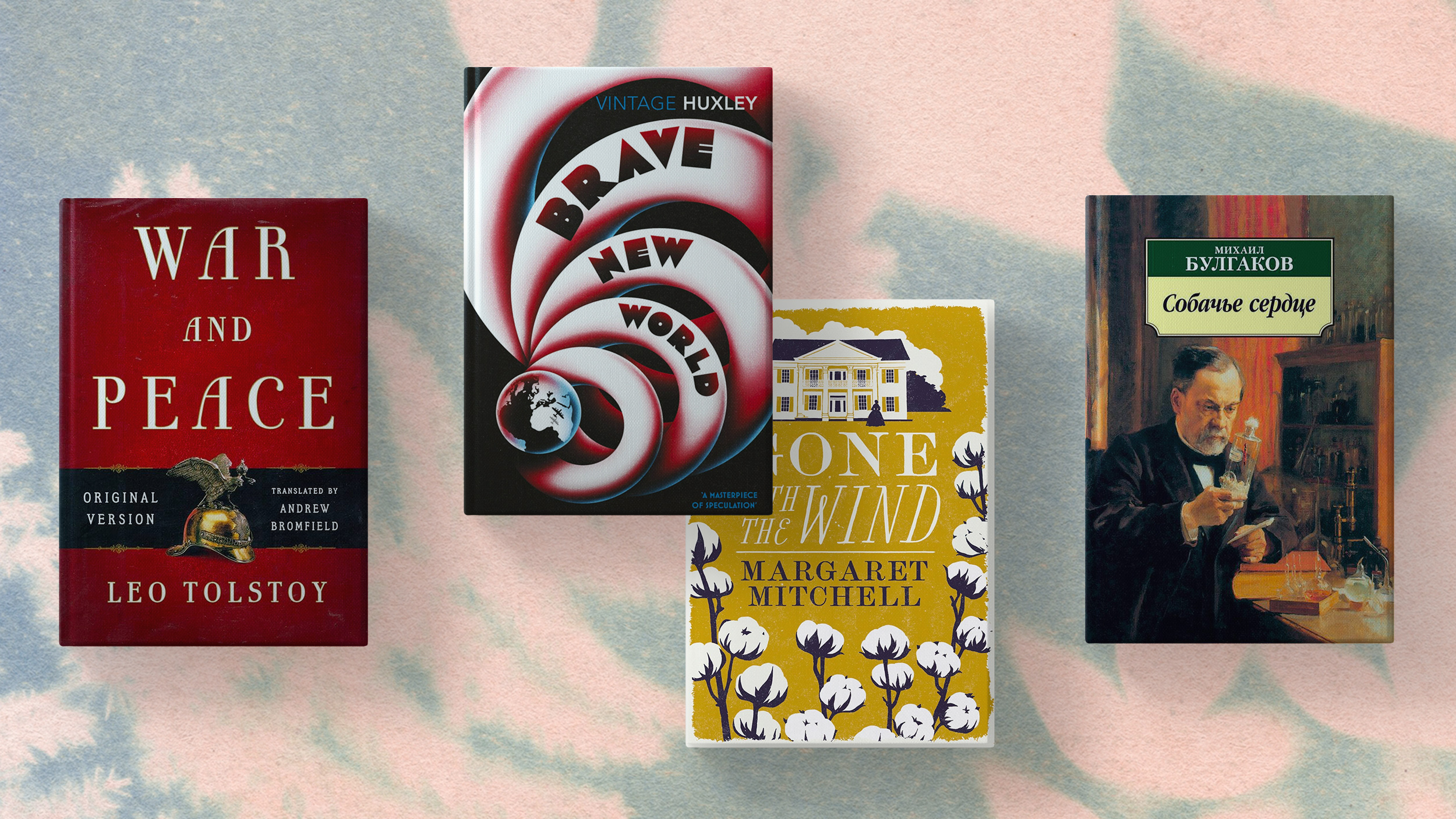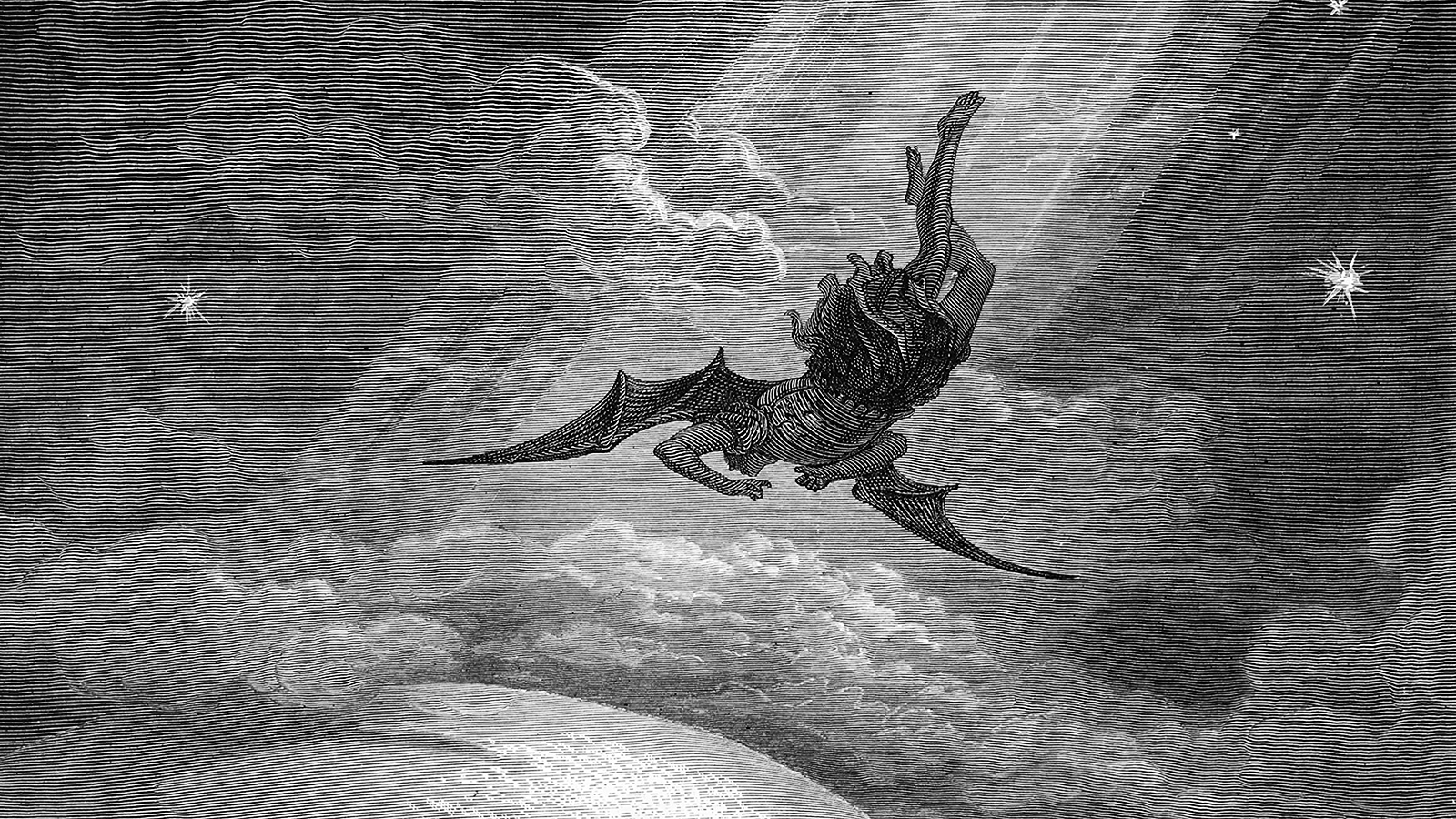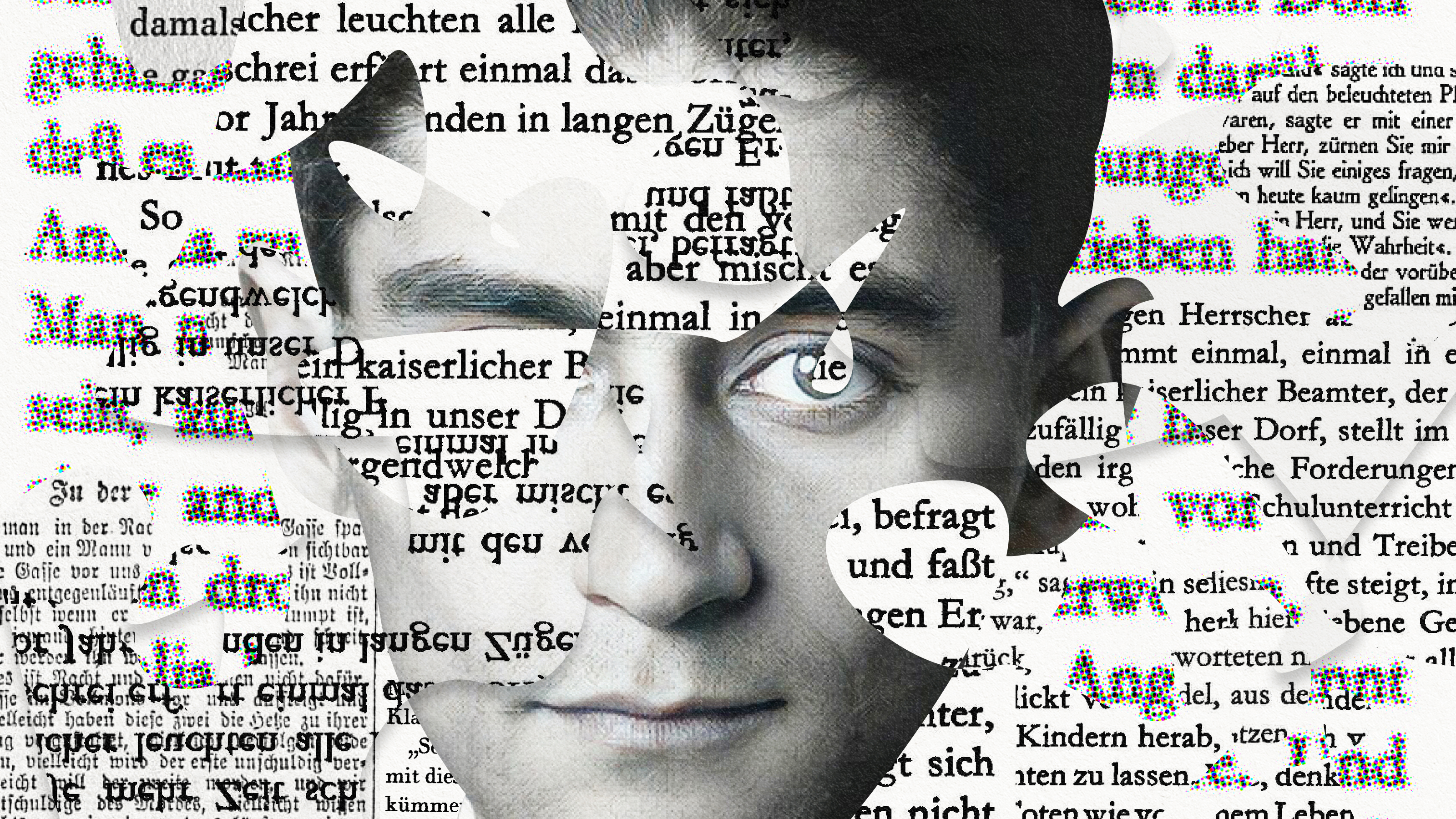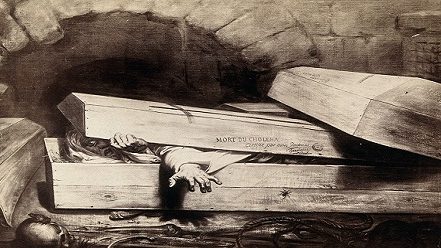Classic Literature
From “The Castle of Otranto” to “The Lord of the Rings” trilogy, these books changed the literary landscape.
Narnia and early Middle-earth were pancake-esque — but their creators took differing views on de-globalization.
Today, the F-word is enjoying a renaissance the likes of which it hasn’t seen since, well, the Renaissance.
See the world through the eyes of a horse — or a cake pan.
Every successful leader can mine golden knowledge from the works of the Bard.
The history of hell doesn’t begin with the Old Testament. Instead, hell took shape in the 2nd century from Mediterranean cultural exchange.
Discover how the threads of myth, legend, and artistry have been woven together by storytellers to craft history.
He is only out-sold by William Shakespeare and Lao Tzu.
The world’s “most produced living playwright” wins out over other contestants, including Salman Rushdie and Margaret Atwood.
Want to write a time-travel story? Do so at your own risk.
Dive into China’s profound intellectual legacy through five seminal texts that have shaped millennia of thought.
Humanity is never fully in control of its creations. This lesson from Mary Shelley has remained relevant for over 200 years.
The One Ring has its own agency and sentience — and it opens up a wonderful philosophy of things beyond our comprehension.
A new book envisions an encounter of minds between the Argentinian writer Jorge Luis Borges, the physicist Werner Heisenberg, and the philosopher Immanuel Kant.
Six authors, six monumental legacies, and a unique thread connecting them: a solitary novel that shines brightly.
The author of Frankenstein had an obsession with the cemetery and saw love and death as connected.
Voyage into the lawless world of experimental literature.
These initially sympathetic characters take readers down a dark path.
Great writing can unveil the criminal psyche better than any other artistic medium.
Aiming to unlock the secrets of his unconscious mind, Jung experimented with intensive daydreaming.
Ignoring the legacy of William Shakespeare is difficult for any writer, let alone one as quintessentially English as “Lord of the Rings” author J.R.R. Tolkien.
When done right, dark humor can help us face inconvenient truths and question stifling social conventions.
Dante’s epic journey through hell and heaven reveal how the poet felt about his own country.
You become the main protagonist in these novels.
The crisis of the Anthropocene challenges our traditional narratives and myths about humanity’s place in the world. Citizen science can help.
Take a closer look before judging a book by its title.
An insect? A vermin? An unwanted animal? What in the world is Franz Kafka talking about?
Dive into the twisted truths and concealed realities told by literature’s most unreliable narrators.
Bram Stoker’s mother survived a terrible cholera outbreak and recounted the ghastly scenes to her son years later.
